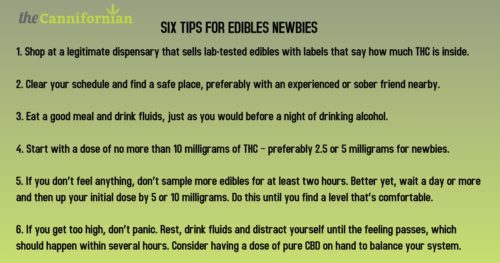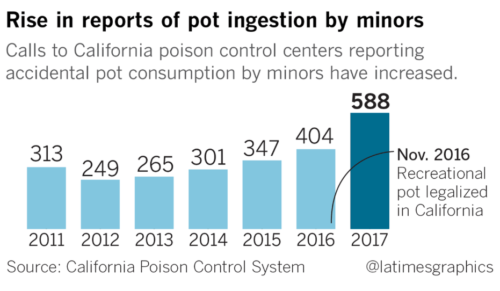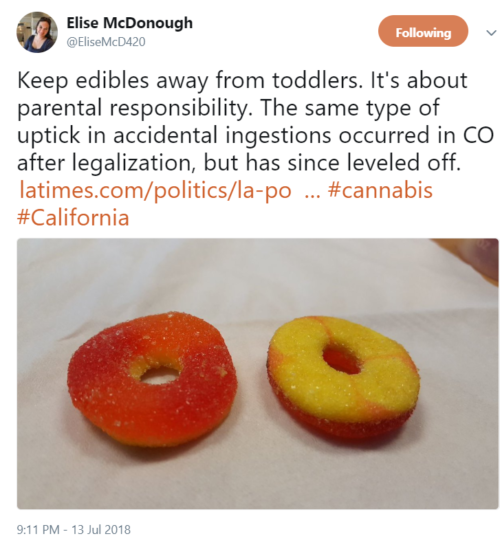More on cannabis edibles: cookbooks!
I don’t follow cookbooks closely but was surprised to see Stained Page News’ account of an entire cookbook genre devoted to cooking with Cannabis.
I knew about Elise McDonough’s writings in High Times, but had not paid much attention to her Official High Times Cannabis Cookbook when it came out. Stained Page News explains:
Author Elise McDonough is foundational to the modern cannabis cookbook space. A cannabis consumer since her teens, she eventually found herself working for the flagship subculture magazine High Times while taking classes at New York’s Natural Gourmet Institute. McDonough says that the magazine would field recipes from contributors, who often sent them in without photography, and they’d have to re-create the dish in order to print it. “That really got me into the idea of cooking with cannabis—learning a lot of techniques, an interest in food style and prop styling for photography, that got me started,” she said.
Here is SPN’s Guide to Cannabis Cookbooks
- The Official High Times Cannabis Cookbook by Elise McDonough and the Editors of High Times
- Brownie Mary’s Marijuana Cookbook
- Marijuana Cooking: Good Medicine Made Easy by Bliss Cameron and Veronica Green
- The Cannabis Kitchen Cookbook by Robyn Griggs Lawrence
- Cooking With Herb: 75 Recipes For the Marley Natural Lifestyle by CI hedella Marley and Raquel Pelzel
- Bong Appetit by the Editors of Munchies
- The Art of Weed Butter by Mennlay Golokeh Aggrey
- The Art of Cooking with Cannabis: CBD and THC-Infused Recipes from Across America by Tracey Medeiros
- Edibles: Small Bites for the Modern Cannabis Kitchen by Stephanie Hua with Coreen Carroll
- Cannabis Drinks: Secrets to Crafting CBD and THC Beverages at Home by Jamie Evans
Disclaimer: I have never cooked from any of these and cannot vouch for the accuracy of the recipes or their quality. But if you do cook from them,
- Keep the foods away from young children
- Stay home, don’t drive
- And follow this advice from those more in the know than I am





